Dive into the fascinating world of Earth’s transformations! Download this set of interactive task cards to review weathering, erosion and deposition concepts with your students.
Ready to Rock It Out With Weathering, Erosion and Deposition?
Are your students able to describe the differences between erosion, weathering and deposition? While these terms are all related, they do have distinct differences and play an important role in how the Earth’s landscape changes slowly over time. So what’s the difference? Maybe this is your first year teaching weathering and erosion or perhaps you’ve been away from this subject area for a while – so let’s take a closer look at the meaning of these three science vocabulary terms!
What Is Weathering?
Over time, rocks and minerals on Earth’s surface undergo a natural process called weathering. This process involves three types: mechanical (physical), chemical and biological. Weathering occurs due to various weather conditions, such as rain, wind, temperature changes and even living organisms.
What Is Erosion?
Erosion is a natural process that involves the wearing away or removal of materials like soil, rocks and sediment from one place to another. It happens because of the movement of elements like water, wind, ice and gravity.
What Is Deposition?
Deposition is a geological process that works in contrast to erosion. Erosion involves the movement of soil, rocks and sediments from one place to another, whereas deposition refers to the process of dropping or depositing these materials in another location. Deposition occurs when the forces responsible for erosion lose their energy or ability to transport the particles, resulting in them settling or accumulating in a different area.
Check Out Our Interactive Science Review!
Teach Starter has put together a set of interactive, self-checking questions to help your year 4 and 5 students review different concepts of weathering, erosion and deposition. Included in this teacher-created resource, you will find 24 questions where students will identify vocabulary terms, look at pictures to determine which slow change occurred and answer true/false questions.
Download and Play!
If you are ready for your students to review their knowledge of weathering, erosion and deposition, head on over to the green download button to choose from the PowerPoint or interactive Google Slides version of this resource. If selecting the Google Slides option, please note that before accessing the resource, you will be prompted to make a copy of the activity to your personal drive.
Students should run the slide show in Presentation mode to complete this activity. Students will click on the correct answer for each question, which will guide them to either try again or move on to the next question.
This resource was created by Brittany Kellogg, a Teach Starter Collaborator.
Wild About Weathering and Erosion?
Are you looking for more resources to use with your Earth Sciences unit? Check out some of our suggested science activities below!
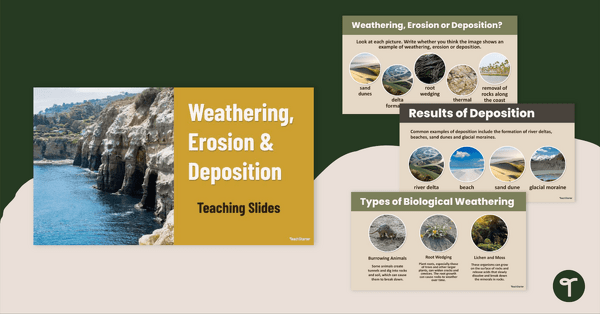
teaching resource
Weathering, Erosion and Deposition – Teaching Slides
Learn about the different types of weathering, effects of erosion, results of deposition and more with this set of teaching slides.
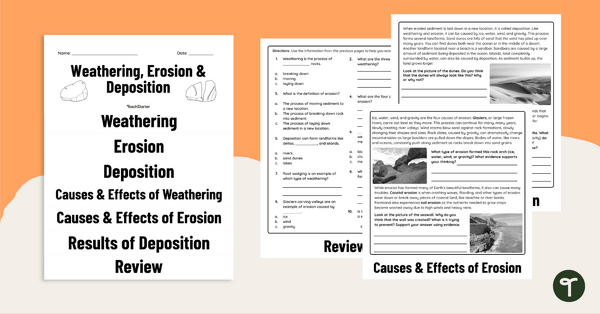
teaching resource
Weathering, Erosion and Deposition Flipbook
Learn about the causes and effects of weathering, erosion and deposition with a printable flipbook.
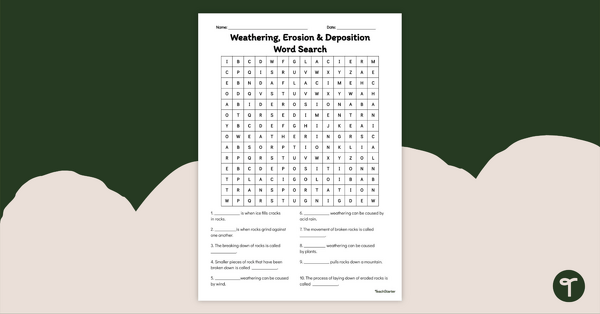
teaching resource
Weathering, Erosion and Deposition – Word Search
Strengthen your students' understanding of weathering, erosion and deposition terms with a vocabulary word search.
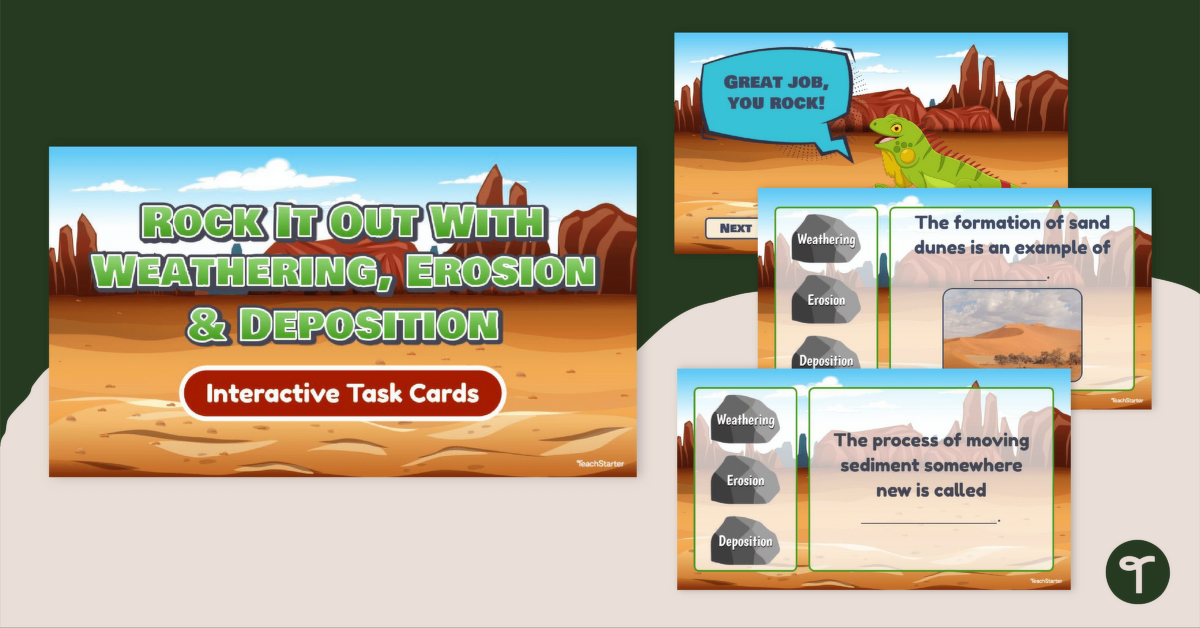

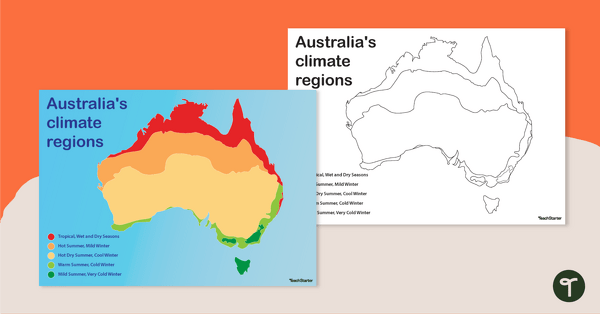
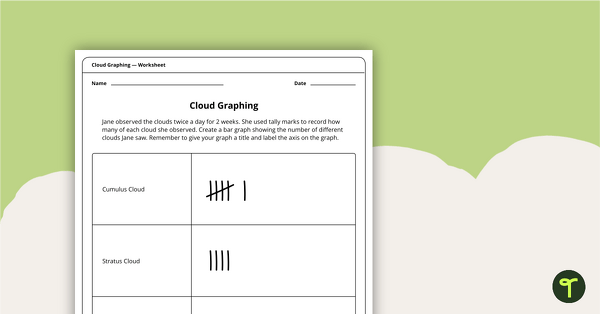
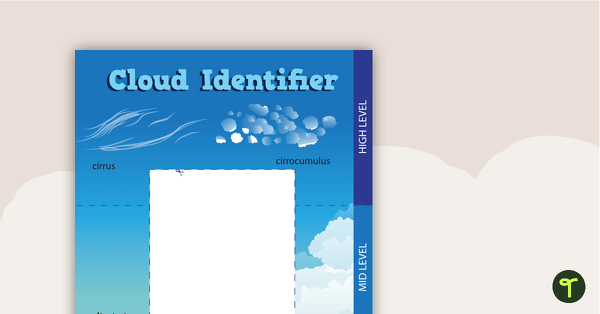
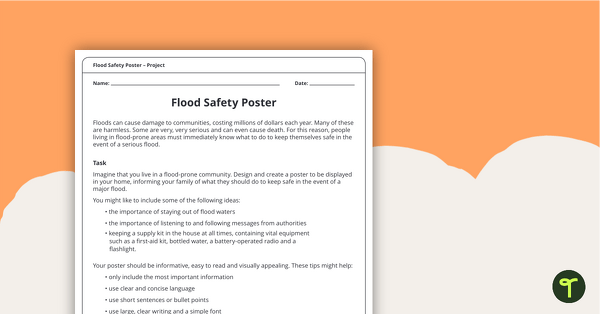
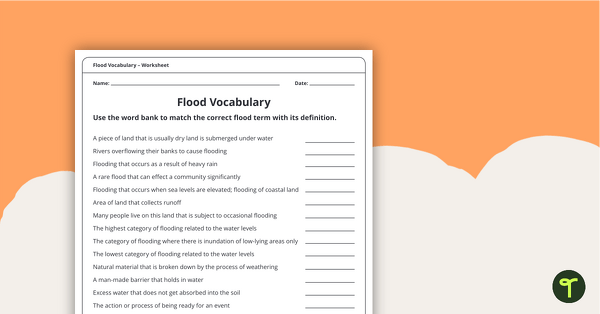
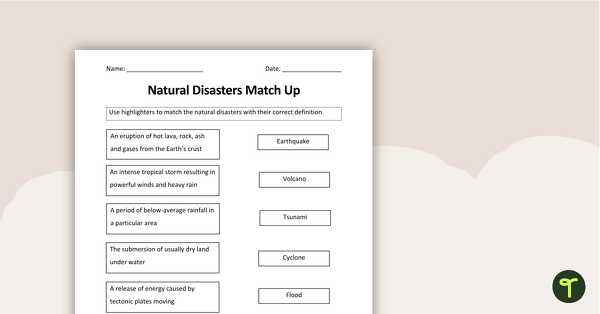
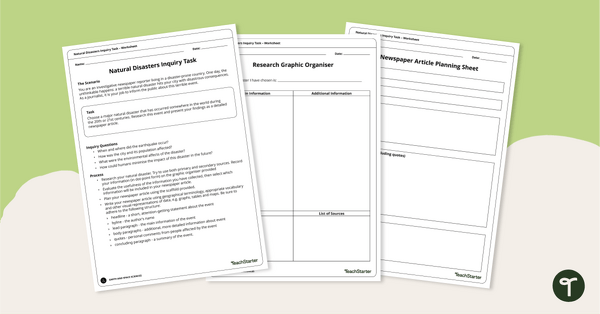
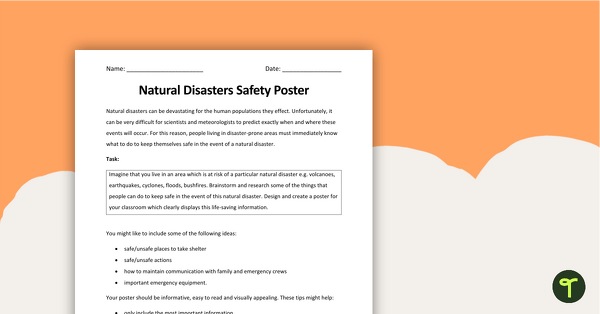
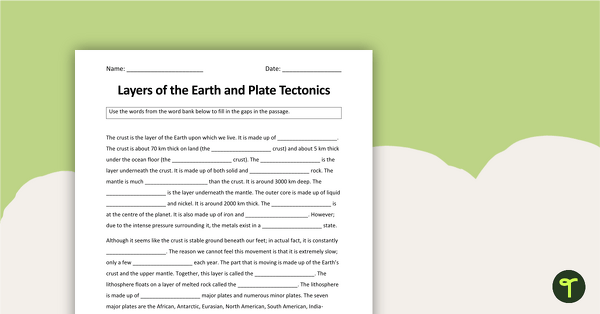
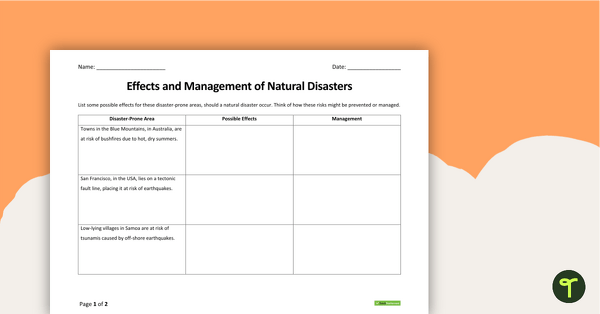
this looks great but for the life of me I can't get it to be interactive in google slides or power point
Hi Tanya, For this resource to be interactive, you'll need to keep the PowerPoint in Edit Mode. If it's opened in Slideshow Mode, the interactive features won’t work. I hope this helps! Please feel free to reach out if you need any further assistance. Always happy to help, Grace
Thanks for raising this with us, Tanya! I’ve submitted a ticket via the ‘report an error’ feature against this resource, which will go straight to our resource team. Once they’ve updated it, I’ll get a notification which I can then let you know via email. Any questions in the meantime, please don’t hesitate to reach out to our support team 🙂 Thanks!